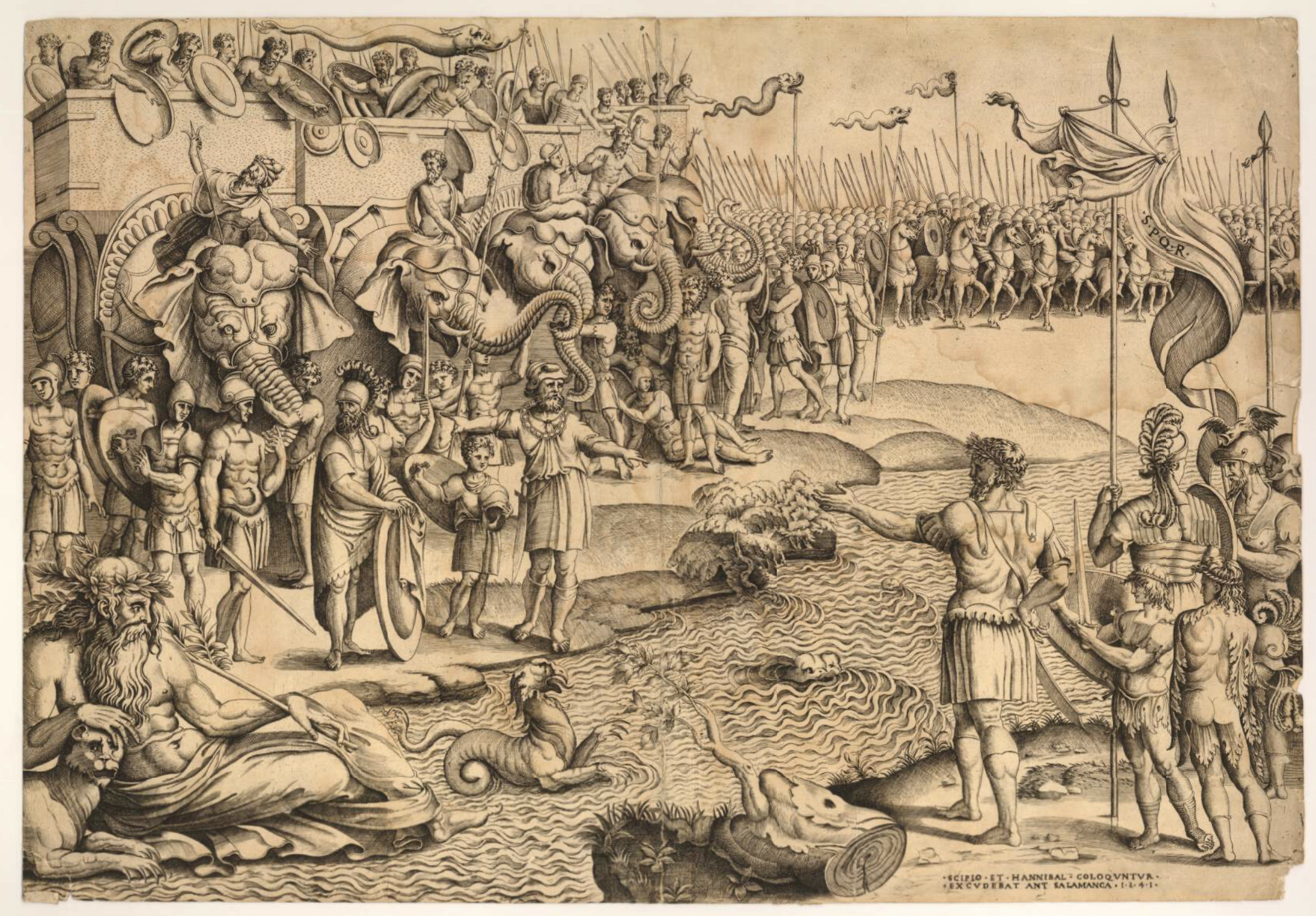Sir John Glubb and the Fate of Empires
Sir John Bagot Glubb was a soldier, a white guy, and - in some ways, having created the Arab Legion in Jordan - a colonialist. These days, that's three strikes against him. However, beyond all that, Glubb, the author of 20 scholarly books, many of which sought to dispel Western misconceptions and prejudices about the Arab world and Islam, also wrote a short treatise called The Fate of Empires and Search for Survival.
Today, there is much talk about the rise of China and the decline of the United States. A recent article published the Valdai Club suggests some parameters for this shift. As factual as it is, it does not address the factors behind the corresponding rise and fall, and what to do about it.
In his booklet Glubb does both. He describes the features of any rising civilization: a sense of duty and service towards one's society, a practical and experimental attitude that looks at actions as the solution to every problem, a strong merchant class and, sadly sometimes, a desire for conquest.
He also outlines aspects of descent, including frivolity, decadence, a love of money instead of duty, an excessive reverence for celebrities, a reliance on cleverness without unselfishness and self-dedication, and surprisingly, the rise of "intellect" over action. That sounds like all the places I love: New York, London and even lovely Canada.
Even without entering into a big intellectual debate (a sign of decline!) about Glubb's research, all one has to do is look around to see that the overly-analytical, and often frivolous West has lost its bearings. Whereas a rising China and an aggressive Russia don't seem to be quite so stupefied.
Glubb also says that we can no more stop the rise and fall of civilizations than we can the change of seasons. Indeed, all we can do is 'weather it' by understanding it, mitigating its excesses, and, most important of all, see the long and broad view.
The rise and fall of Rome and Britain, the coming rise of China, and future events are all part of one long and connected human story. It is possible to see the numerous and varying civilizations as a relay, one affecting the other in a long chain of transmission of human growth, even with the possibility over time of tending towards refinement and perfection.
This long view is not only healthy, it can also inform political decisions. If the USA and the West are in decline, 'Make America Great' won't happen. This does not mean the West should lie down and let China or Russia steamroll over Paris and Washington, but it does mean that decline needs to be managed by living without illusion - or crazed attempts at past glory.
It can also help the new competition learn to behave more wisely. If China perceives matters from this long view, it would not exacerbate Western decline by, for example, provoking shame about a faltering civilization. The Chinese can also study the 'rise' and avoid the excesses that others have demonstrated, like that of Germany in the last century. A rising civilization can mean great influence, but not necessarily conquest.
Glubb's view won't be very popular in today's age of mush-minded inclusion, where there are no rises nor falls, just the illusion of a vast and somewhat meaningless state of equality - or the desperate wish for one.
However, these cycles are happening whether we deny them or not. Instead of some cultures acting as rising, predatory wolves, and others declining sheep dozing on the opium of consumerism, we may be able to humanize it all with a little of bit of Glubbian understanding.
He makes a powerful case that we are all interlinked, across time and space, and we can understand how all our cultures are part of a longer, larger relay between civilizations. Glubb's plea is that all "history should be history of the human race." Not a bad message, even from a colonialist white guy.



